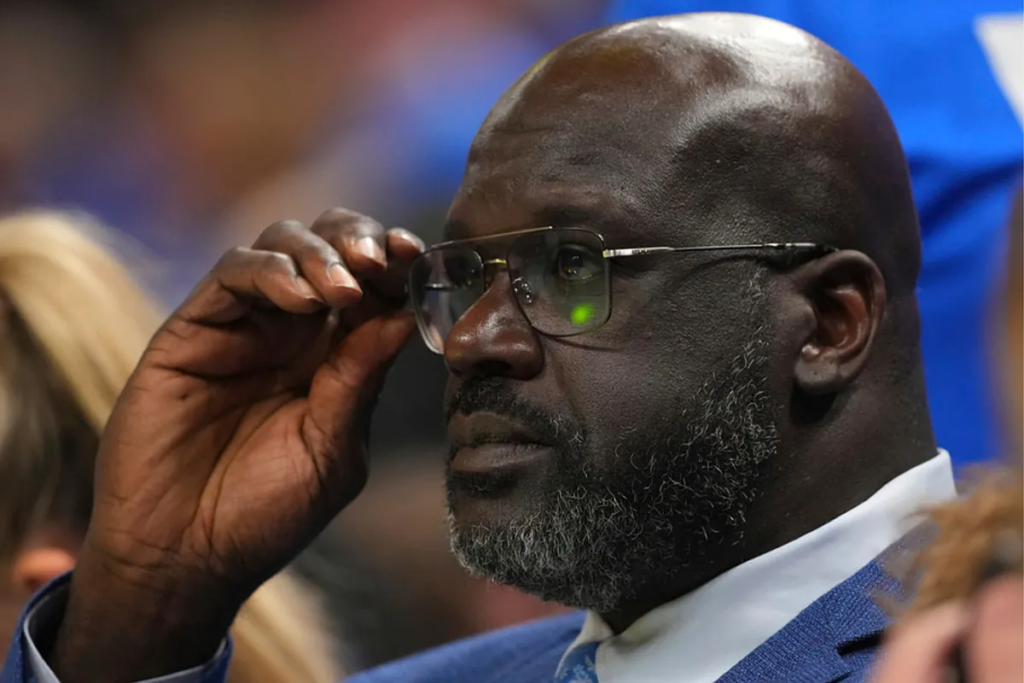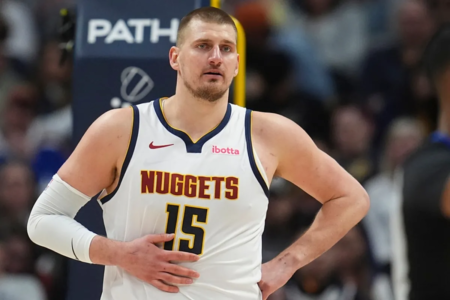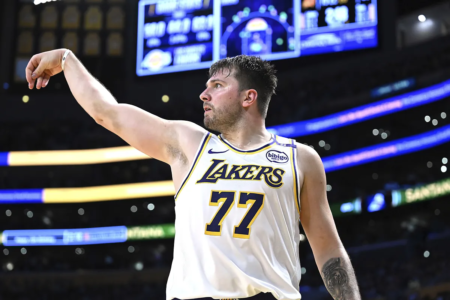Los Angeles Lakers legend Shaquille O’Neal has opened up about his extensive reliance on painkillers throughout his 19-year career, emphasizing the fine line between therapeutic use and addiction.
Speaking on the podcast Armchair Expert with Dax Shepard, O’Neal detailed how managing chronic injuries and maintaining performance led him to a routine that carried significant long-term health risks.
O’Neal first discussed his heavy use of painkillers in the 2022 HBO docuseries Shaq. On the podcast, he elaborated on the scale of his consumption, noting that he frequently exceeded prescribed doses of nonsteroidal anti-inflammatory drugs (NSAIDs) such as Indocin to sustain his on-court performance.
Despite the regular use of these medications, O’Neal admitted he did not initially recognize it as addiction.
“I was having a heated discussion with my doctors like, ‘You were addicted,'” O’Neal recalled. “But I didn’t feel high. So, I didn’t know that was addiction.”
When asked whether his painkiller use extended to managing emotional or mental stress, O’Neal clarified that the regimen was entirely physical. His primary goal was to relieve pain and maintain peak performance during the season.
“See, I don’t think I was suffering mentally,” he explained. “If I had a knack, I would take it. I don’t want to feel that knack because we need this game. … And then, I always do homeboy math. Oh, it says ‘take one,’ I’m taking three.”
Medication became a habit for Shaq
O’Neal described how taking medication became a habitual part of his daily routine, comparable to eating.
During the season, he relied on consistent dosages to manage pain, while the offseason offered his body a brief reprieve.
“I had to take a club sandwich, fries, two pills … for 19 years, but in the summer, I wouldn’t take it,” he said.
While this approach allowed O’Neal to achieve remarkable success, including four NBA championships, an MVP award in 2000, and a career net worth of approximately $500 million, it came at a significant cost.
He revealed that years of heavy NSAID use had caused lasting damage to his liver and kidneys, issues he continues to address.
“Now my counts are low. I’m fixing everything now, but the liver and kidneys [are] real low because of that,” he noted.
Despite these risks, O’Neal never faced suspension or penalties for drug use during his career. His experience, however, serves as a cautionary tale for current and future professional athletes.
The pressures of elite competition often lead players to prioritize short-term performance over long-term health, a reality that can have enduring consequences.
O’Neal’s candid discussion underscores the challenges professional athletes face in balancing competitive success with personal well-being. His reflections illustrate that the pursuit of excellence often entails physical sacrifices and highlight the hidden costs of sustaining peak performance over decades.
For younger players, his story offers both a warning and a lesson on the importance of managing health while striving for professional achievement.
Read the full article here











